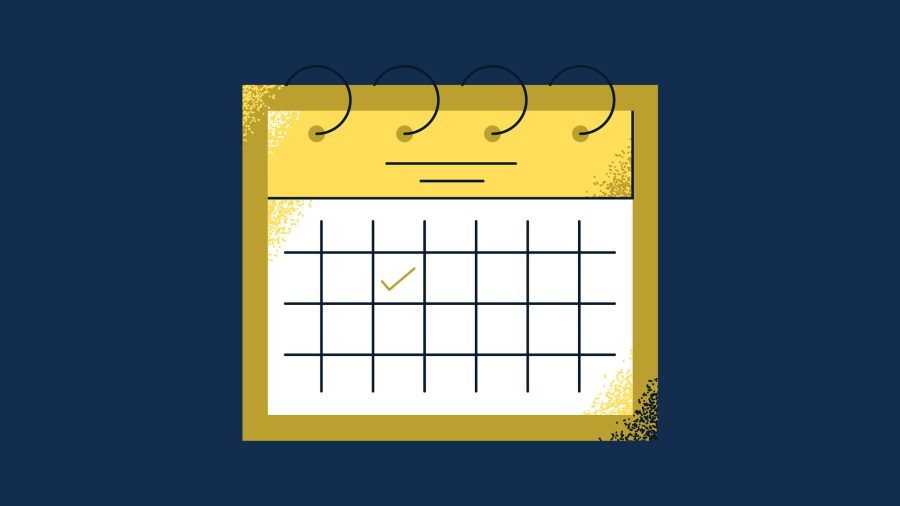When it comes to deadlines, most college students tend to think negatively. Many see them as a roadblock: a date and time that only causes stress. They fear they won’t be able to meet them because they just have so much going on. But the truth is, deadlines are an important part of life.
While they may be annoying and stressful to you now, learning how to meet deadlines will only help you in the future.
Due dates help provide structure and discipline to many aspects of our lives, including work and school. It’s easy to say you don’t like time limits because they are inconvenient to your busy schedule. But if you didn’t have those in place to keep you on top of your work, would it ever get done? I imagine most of us would just keep procrastinating and let it all pile up because there would be no exterior reason to get it done by a specific time.
Many students tend to forget deadlines don’t just go one way. What if professors didn’t have an assigned time for submitting grades at the end of the semester? Would the grades ever get submitted?
After college, deadlines will follow you. It’s almost guaranteed you’ll have time limits once you graduate and enter the workforce. Having to complete your work according to a schedule during your time in school will prepare you for your future.
According to the Indeed Editorial Team, “Deadlines can have a direct influence on your future plans.”
It’s beneficial to get through these bumps in the road and learn these skills while you’re in college because it will set you up for success for the rest of your life.
As a copy editor for The Suffolk Journal, I see firsthand how important deadlines are. If there was not an assigned time for reporters to have their articles finished by, and editors have their edits in by, we would never be able to publish our newspaper. The Journal can’t function without deadlines, and neither can you.
You can help yourself learn how to meet deadlines and make them seem less stressful in a few simple ways.
According to FirstHand, a company dedicated to helping people find the right career for themselves, you should start by making a list of what you need to accomplish. Create a checklist to feel well organized, and satisfied when crossing something off. Set aside specific blocks of time to complete certain tasks so you can work uninterrupted.
Prioritize and know what times you are most productive. Do you work best in the morning or the evening? Get your work done then. Always make your earliest deadlines a top priority.
The world revolves around time, so stop treating deadlines like the enemy and start learning how to meet them.









